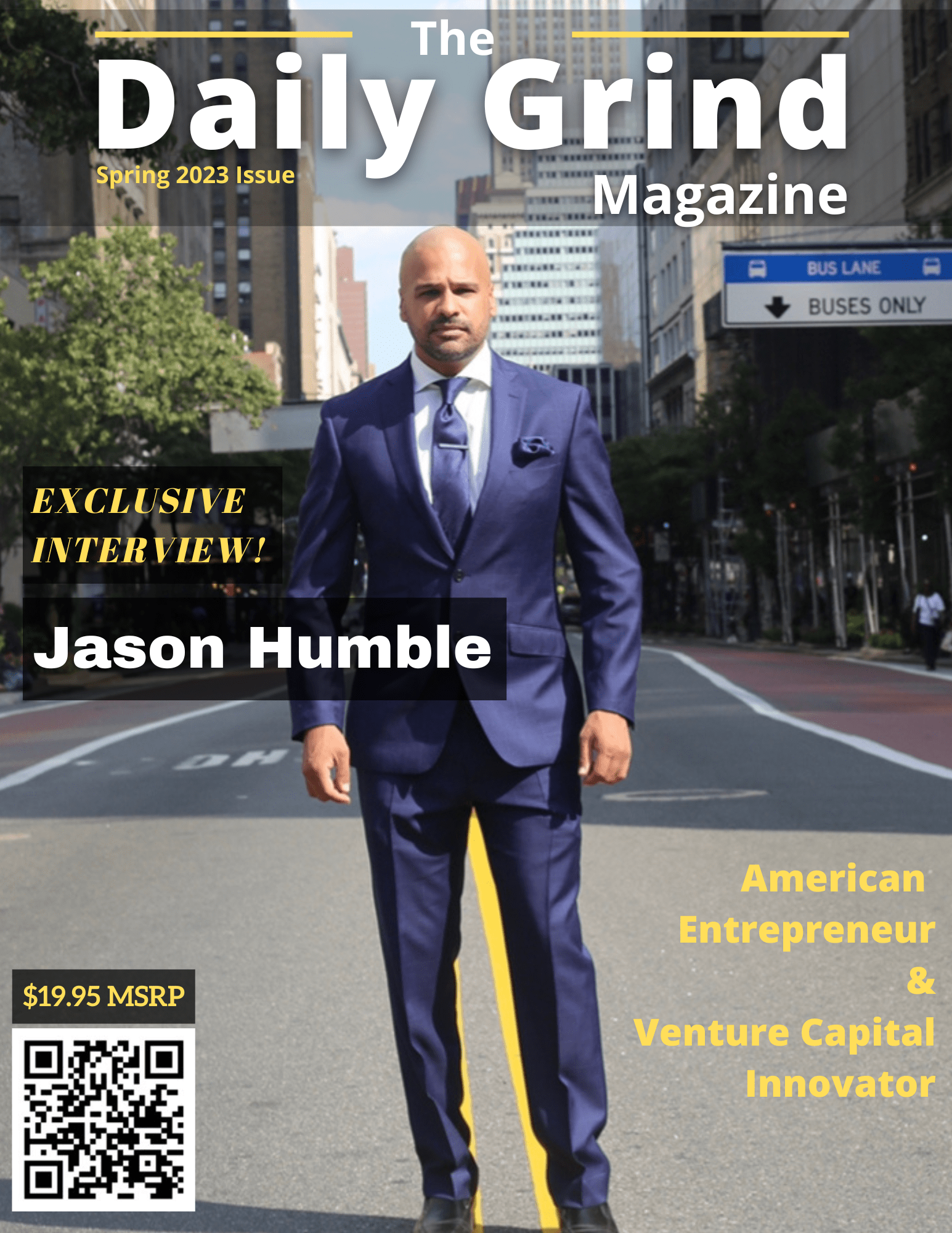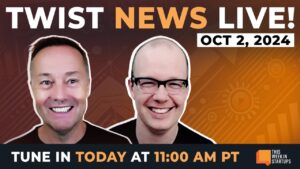The U.S. jobs market is in a
crisis unlike any other in history. More than 40 million Americans are
out of work as entire industries Have frozen during
the coronavirus pandemic. The unemployment rate has skyrocketed to
its highest level since the Great Depression. Americans have taken
to the streets to protest Police brutality and racial
and economic inequality. Yet on Wall Street, the
picture looks very different. The Dow rising by 553 points. Wall Street pushed higher to
start a new month. Stocks rising yesterday with the Nasdaq
closing at its highest level Since late February. The S&P 500,
which tracks 500 large publicly Traded companies in the U.S., surged 40
percent from its low point in March through the
beginning of June. The stock market and the economy
haven't always moved in tandem. But the recent separation between the
two has been especially stark. The result is a growing divide
between Wall Street and Main Street. If there was any doubt before, there
should be no doubt now that we Have completely divorced the economy from
the stock and the bond Markets. Some investors warn the
market is too hopeful. As businesses and consumers face
extraordinary uncertainty from the Pandemic and social unrest. I think the market is overvalued. I think it's almost impossible to
predict where consumer and corporate Demand is going to come from. Others say the market's right to
keep moving higher as the economy Reopens and policymakers stand ready
to provide more economic Stimulus. It doesn't matter
what happens to fundamentals. It doesn't matter what
happens to corporate earnings. It doesn't matter what happens to
economic growth because the Fed Will buy what I want to buy. That's the mindset of
the market right now. So how can stocks move higher with
the economy in such bad shape? There's a saying among investors, the
stock market isn't the economy. The stock market offers a window
into the economy by tracking
Publicly traded companies. But plenty of Americans work for
companies that aren't public, and They spend money on goods and
services that aren't directly reflected In the stock market. Another key
difference is the stock market tries To predict what will
happen in the future. While economic data reflects what's
happened in the past. The stock market is a bit of
a leading indicator because investors are Looking forward and doing a forecast
in the stock market is the Collective forecast of
all those investors. When the stock market goes down,
more investors are selling stocks Than buying them. That means
collectedly, traders are less optimistic About the future prospects of
companies earnings and the overall Economy. It's not reflective of how
the economy is doing today, but How the economy and businesses are going
to be doing three, six, nine Months from now. The financial crisis
from 2007 to 2009 helps Illustrate how the stock market
is a forward looking indicator. The S&P 500 hit a bottom in
March 2009, then rallied more than 60 Percent by the end of that
year as investors became more optimistic About the economy. During that
same time, the unemployment rate Continued to rise, ultimately peaking at
10 percent in October 2009. When you go back to March
of 2009, when the market eventually Bottomed, the news
was getting worse. The news wasn't
getting incrementally better. But stocks stopped going down. Stocks had efficiently priced in what
they thought was worst case Scenario. It started looking out to
a future that was modestly Better. Most economic data, on the other
hand, give a look back in Time. For example, official GDP data
for the first quarter, which Reflects economic activity in the first
three months of the year, is Typically released in April. It takes government officials time
to gather and analyze information About consumer spending, business investment
and other key metrics. When we get the first quarter, GDP
numbers rose like, oh wow, they Didn't look that great. First quarter
about time you get that you're
Halfway through the second quarter. So the economic data, by
its nature, is backward looking. In the short term, the stock market
is much more volatile than the Economy. The Dow Jones Industrial
Average might swing thousands of Points from day to day, even as
the economic data stays the same. Plus, it's not just economic
data that moves stocks. Factors ranging from geopolitical tensions
to politics to trading Algorithms can affect market moves. At any given point in time. The stock market may not be
a good representation of anything other Than the collective sentiment of the
people that are participating in That market. The forward looking nature
of the stock market is one Reason why stocks have surged in
recent months, even as the economy Has collapsed. While jobless claims spiked
in April and May, some Investors expect employment will bounce back
later this year as the Economy reopens. As investors continue to be optimistic
over the gradual reopening of The economy. Protests, curfews and
property damage are complicating The reopening in many cities, but
not enough yet to change the General expectation of increased
business activity through the Summer. Many traders are pinning
their hopes on positive developments Toward a COVID-19 vaccine, which
would speed up the economic Recovery. What's it worth to get a
vaccine or hopes for a vaccine? About 35 points on the S&P. Look at that, 730 before it came
out and we just went straight up From there. I would argue that health
care news right now is more Important than economic
data and earnings. And I think that's going to
be the case for a while. And the real reason behind that is
this is a pandemic that will end When we feel comfortable going
back out into the public. Historically, the stock market benefits
from signs the economy will Improve even if it's
not happening right away. Markets have actually done very well
when really bad news gets less Bad. And we suspect that we're
going to see incrementally, that news
Gets less bad in the coming
months, in the coming quarters. Bad news for the economy or
the average American can also translate Into good news
for individual stocks. The share price of Uber, for example,
surged 9 percent in one day in May after the company announced
layoffs and cost cuts. When wages are low, which they've
not been doing very well. Profits are high. Stock market loves high
profits and low wages. But the economy doesn't
like low wages. You don't have people to buy
your goods and so forth. Many stock market investors have
also been encouraged by aggressive Stimulus from the Federal
Reserve and Congress. What we've been able to do is
to help markets return to more normal Functioning, which has the effect of
buying time, buying time for Health care professionals, buying time
for governments to respond. Since mid-March, the Fed has lowered
interest rates to zero and bought Trillions of dollars of assets. Low interest rates encourage companies
and consumers to borrow money At a low cost. The Fed is all in. They're telling as strongly as
they possibly can investors that Interest rates are going to remain near
zero for a long, long time. So if you're a stock investor
listening to that, that's a signal That, you know, there's there's a
limit to your downside that there's A. floor under stock prices. Congress has also authorized trillions
of dollars of economic stimulus During the crisis. The government has
put almost 3 trillion dollars Of money into the economy. Some of that money is finding
itself finding its way into the Market. With interest rates and bond yields
set to remain low for a Long time. Some say investors have no
other choice but to put their Money into stocks. One study even found some Americans
use their stimulus checks to Invest in the stock market. Low interest rates leads
to high stock prices.
People don't want to put
their money into bonds. They want to put their
money into the stocks. Another explanation for why stocks
have surged despite high Unemployment requires a closer look
at the stock market itself. A handful of companies really
disproportionately perform and inflate The equity markets. Five stocks account for around 20
percent of the overall market value Of the S&P 500. Those five companies are Microsoft,
Apple, Amazon, Google's parent Company Alphabet, and Facebook. Four of which have market valuations
above or near 1 trillion dollars. These stocks have rallied big time
over the past three months, giving A boost to broader markets. Think about those companies and how
much more business they're doing Because we're working from home. That's
been part of the leadership That's driven this market. So some
of the drivers of the market's Performance off of the lows has
been companies that are actually Doing very well
in this environment. Other smaller tech stocks have also
benefited from stay at home Orders. The share price of Zoome
has nearly doubled over the past Three months. You can't just say, well,
with did we shut the economy Down so the market should
be going to zero. You have to look at what is
keeping us going during this current Environment and are
those stocks outperforming? And I would offer
up they probably are. By some accounts, the gap between
Wall Street and Main Street now Looks wider than ever. Many retail investors have kept their
cash on the sidelines as they Try to wait out this economic
crisis, meaning they haven't benefited From the recent bounce
back in markets. There's a lot of people who got
out of this market and are staying Out, making the assumption that either we
have to test that low again Or things are actually going
to get worse, not better. Many aren't invested in stocks
in the first place.
Only 14 percent of Americans
are directly invested in individual Stocks, while 52 percent have some
level of investment thanks to 401K Or retirement accounts. Among those who earn over 100,000
dollars, stock ownership is much Higher at 88 percent. So gains in the stock
market disproportionately benefit wealthy Americans. This chart shows how the
longer term link between stocks And consumers has been
broken in recent months. Consumer sentiment plunged from February through
May as the S&P 500 Rallied. Some say the stimulus efforts
from the Fed and Congress have Benefited big companies and Wall
Street more than average Americans. The problem wasn't just
the amount of money. It's how the
programs were designed. The money didn't go to
where it was most needed. Others warn the stock market
has risen too much. Given the outlook for the
economy during the pandemic. Stock investors have gotten ahead of
themselves are putting too high a Probability on a V shaped recovery. The economy and the markets have
gone through other phases where They're not in lockstep. Take, for example, in 2018, when
quarterly GDP growth reached its Highest level in nearly four years. Yet markets stumbled because of
uncertainty over trade policy. Still, in the long term, markets
and the economy generally have moved In the same direction as they're
both affected by factors like Corporate earnings, productivity and
changes in demographics. The question is whether the current
disconnect is the start of a Longer lasting trend. While the economy drives corporations ability
to earn the decision as To what those earnings are worth are
driven by humans and humans make Emotional decisions and multiply that by
the tens of millions of Investors that are making
emotional decisions every day. So you have to put
all those things in context.





